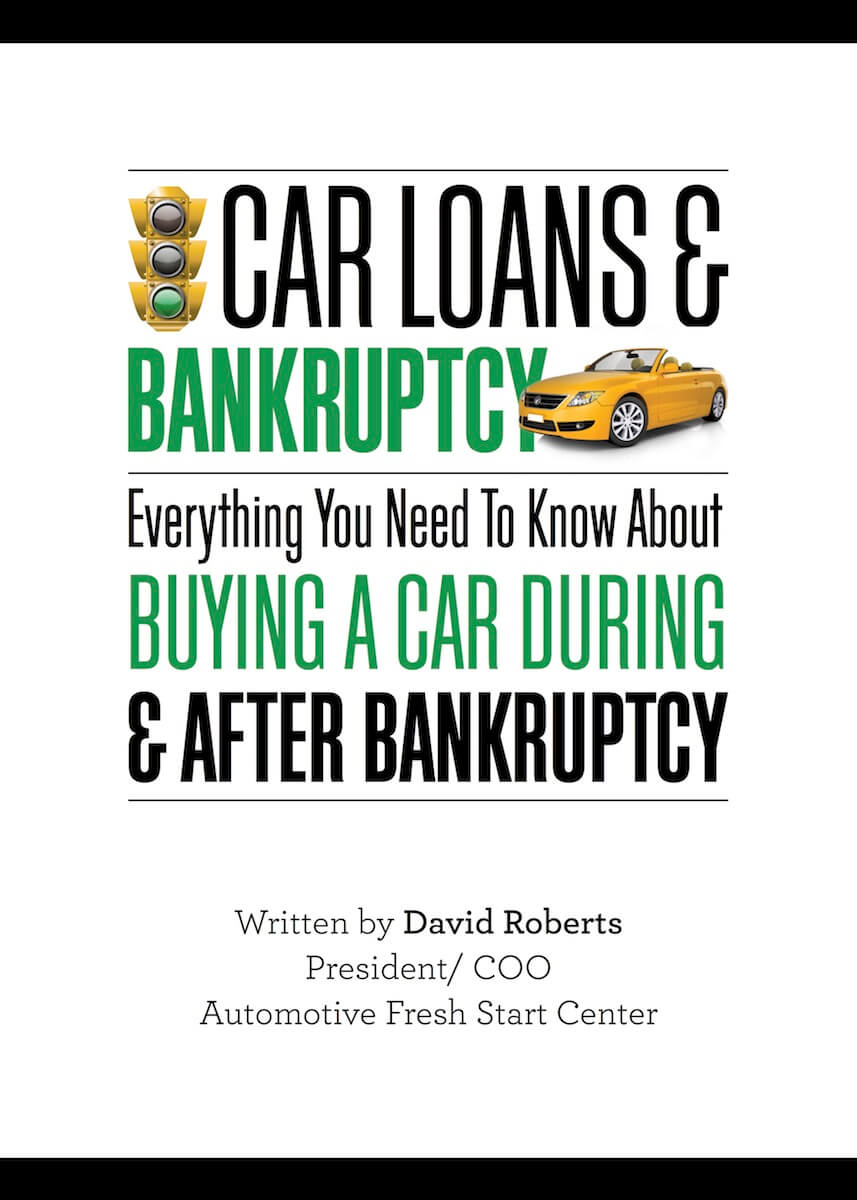Tax Refunds and filing bankruptcy
It’s tax season again. That means that Chapter 7 Trustees and the Chapter 13 Trustee are looking for tax refunds from anyone who has filed for bankruptcy. Generally, a tax refund is earned over the course of the prior year and is a pre-bankruptcy asset that must be turned over to a bankruptcy trustee.
However, that tax refund is important to many families as a source of funds to use for long put off repairs, new clothes for the kids or any other unusual expense. When this time of the year comes around, one of the first questions that we ask potential clients is “Have you filed your tax return yet?”. If the answer is yes and a refund is coming, how can the refund be preserved when a bankruptcy filing is needed?
CHAPTER 7 AND TAX REFUNDS
As stated above, your pre-bankruptcy tax refund will generally belong to a Chapter 7 Trustee. Unless some collection activity is about to take place which will result in the garnishment of a paycheck, loss of vehicle or the foreclosure of a home, the filing of a Chapter 7 may not be immediately necessary. The delay in filing of the Chapter 7 can allow a family to utilize the tax refund for normal living expenses or to pay for long overdue repairs to a home or vehicle. You should keep a record of all expenditures which were paid for with the tax refund and be prepared to show that the refund was completely spent on the living expenses or repairs.
If you must file the bankruptcy and have not received your refund, be sure to attempt to exempt some or all of the refund. Earned Income Credit (EIC) refunds are exempt. Check your tax refund to see if some or all of the refund is EIC and exempt. Chapter 7 debtors are also entitled to personal property exemptions which may be used to cover some portion of the refund. In Florida, a married couple who does not claim a homestead can claim up to $10,000.00 in personal property exemptions which may be used to cover a refund that has not been received. At Mickler & Mickler, we can help to prepare your Chapter 7 case to maximize your exemptions as allowed by law.
CHAPTER 13 AND TAX REFUNDS
Chapter 13 is not a liquidating type of filing. That means that the Chapter 13 Trustee generally won’t be entitled to seize a pre-bankruptcy refund as a Chapter 7 Trustee would. However, the refund may be considered “disposable income” that may be subject to turnover to the Trustee. This disposable income requirement will cover all years that a Chapter 13 case is pending and tax refund may be received. Disposable income is generally defined as monthly income minus necessary living expenses. It is a flexible standard that can be tailored to fit many different lifestyles. What will normally end up happening in a Chapter 13 case is that the necessary repairs or other expenses will have to be submitted to the Chapter 13 Trustee or the Judge in a case to determine if the refund should be used to pay such expenses or will have to be paid to the unsecured creditors in a case. Again, such determinations are made on a case by case basis and may change from year to year depending on the financial condition of the debtor. Our office routinely submits request for a debtor to be allowed to keep a refund in order to pay for necessary expenses. We are familiar with the requirements for such a request and can advise if such a request should be filed.
At Mickler & Mickler, we attend Court and see the bankruptcy trustees and judges in action several times a week. We have the experience to guide you to the right decision about whether to file a case, and if so, what Chapter to file. When you contact our office, we can help you in your case with sound legal advice.
Please contact Mickler & Mickler at 904.725.0822 or bkmickler@planlaw.com. We will be happy to set you up a free appointment to discuss your situation and potential solutions.
Bryan Mickler
